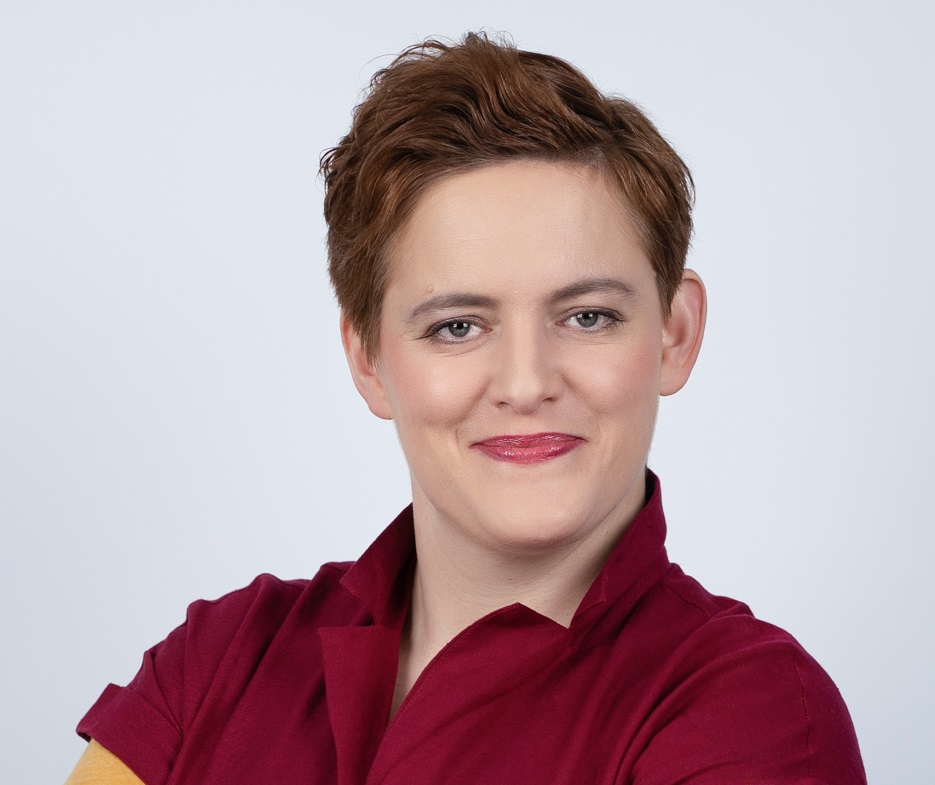Menu
The changing perception of the Ukrainian language
Alexandra Bäuerle
A qualified interpreter for Russian and Spanish, Alexandra Bäuerle has handled a roster of clients as a customer consultant at Apostroph since 2007. She also chairs the works council at our Ahrensburg offices. Alexandra was born and raised in Lviv, Ukraine, before moving to Germany in1998. When she isn’t juggling her responsibilities at work, she enjoys Latin American dancing and cuddling up with her two kids and her cat, Chiri.



